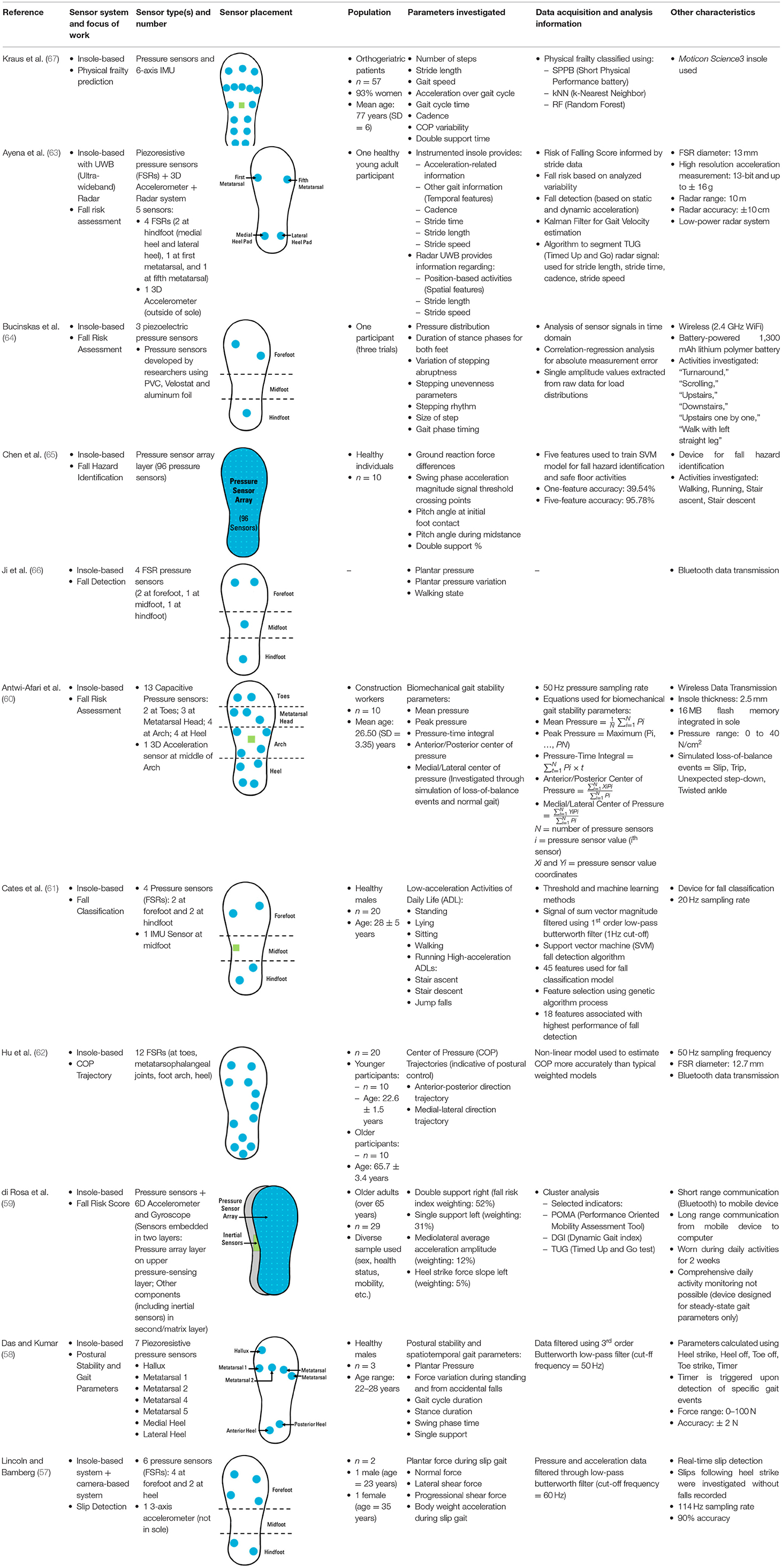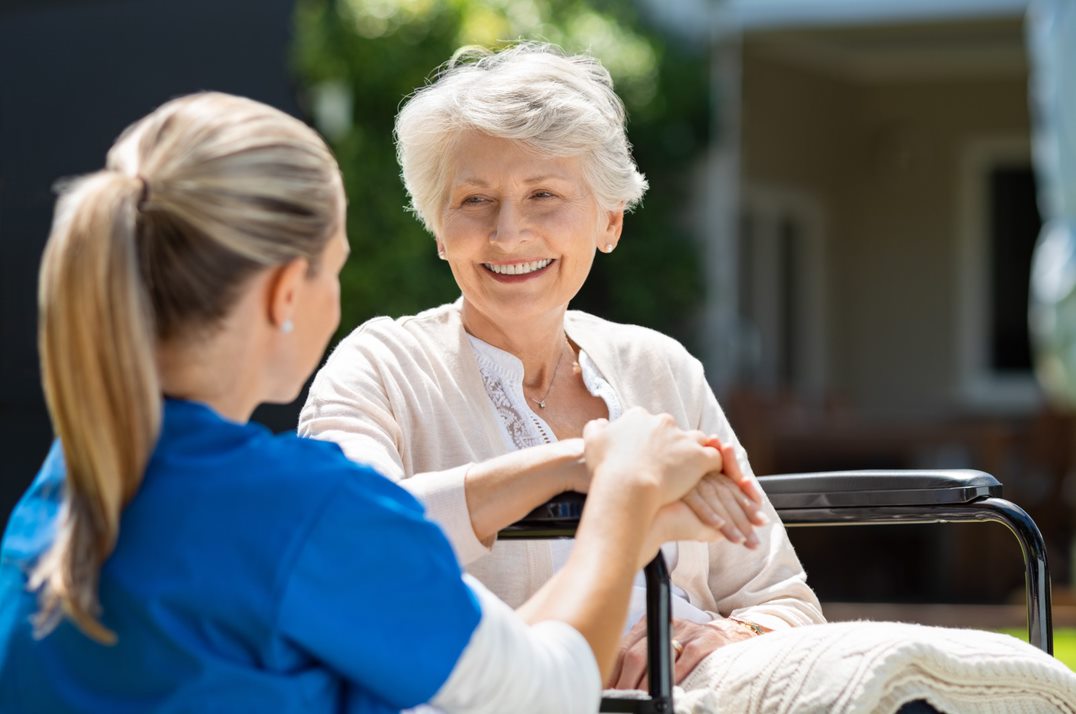The 5-Second Trick For Dementia Fall Risk
Table of ContentsThe 4-Minute Rule for Dementia Fall RiskHow Dementia Fall Risk can Save You Time, Stress, and Money.A Biased View of Dementia Fall RiskNot known Factual Statements About Dementia Fall Risk The Buzz on Dementia Fall Risk
You may be worried since you've had an autumn before or due to the fact that you have actually observed you're beginning to feel unstable on your feet. You may have discovered adjustments to your health and wellness, or just really feel like you're reducing a little. Whatever the reason, it isn't unusual to end up being careful and lose confidence, and this can stop you doing the things you utilized to do and make you feel extra isolated.If you have actually had a loss or you've begun to really feel unsteady, tell your doctor also if you feel great or else. Your physician can examine your equilibrium and the way you stroll to see if improvements can be made. They may have the ability to refer you for a falls risk evaluation or to the drops prevention solution.
This info can be acquired with meetings with the person, their caregivers, and a testimonial of their clinical documents. Begin by asking the specific about their history of drops, including the frequency and circumstances of any recent drops. Dementia Fall Risk. Ask about any kind of movement issues they might experience, such as unstable or trouble strolling
Conduct a thorough evaluation of the person's drugs, paying particular focus to those recognized to enhance the threat of falls, such as sedatives or medications that lower high blood pressure. Determine if they are taking multiple medications or if there have been recent modifications in their drug routine. Assess the person's home setting for prospective dangers that could increase the risk of falls, such as inadequate lights, loosened carpets, or absence of grab bars in the washroom.
What Does Dementia Fall Risk Mean?
Overview the person through the autumn threat assessment type, describing each question and taping their reactions properly. Determine the total danger rating based on the feedbacks offered in the analysis form.
Routinely keep an eye on the person's development and reassess their risk of falls as required. Offer ongoing education and learning and assistance to advertise security and minimize the threat of falls in their everyday living tasks.
Numerous researches have shown that physical therapy can aid to reduce the threat of dropping in adults ages 65 and older. In a new study (that looked at falls risk in ladies ages 80 and older), scientists calculated the financial influence of choosing physical treatment to stop drops, and they located that doing so saves $2,144, including all the concealed prices of your time, pain, missed life events, and the dollars spent for services.
Indicators on Dementia Fall Risk You Should Know
Checking your heart rate and high blood pressure dimensions at remainder and while you turn (from resting or lying to standing). A basic examination of your thinking (cognitive) capacities. Evaluating your balance, strength, and strolling capability. A basic vision examination. Examining your feet and shoes. A home security assessment. Based upon the assessment results, your physical specialist will design a plan that is customized to your details demands.
Older adults who have trouble strolling and chatting at the more exact same time go this post to a higher danger of falling. Dementia Fall Risk. To help boost your safety during daily tasks, your physiotherapist might develop a training program that will certainly test you to keep standing and walking while you do one more task. Examples include walking or standing while counting in reverse, having a discussion, or lugging a bag of groceries
Your physical therapist likewise can identify which tasks you should prevent to remain secure. Community-based falls avoidance programs help individuals to: Decrease their anxiety of falling. Establish goals for raising their physical activity. Make their homes much safer. Work out much more to raise their strength and equilibrium. These programs frequently are led by volunteer trains.
Everything about Dementia Fall Risk

Measles, or rubeola, is a highly infectious, intense viral transmittable disease created by the measles infection. Some people consider measles as simply a rash and high temperature that cleans up in a few days; nevertheless, measles can create major wellness problems, especially in youngsters younger than 5-years-old. The most effective security versus measles is the measles, mumps, and rubella (MMR) injection.
Loss are a typical reason of injury amongst older grownups.
The smart Trick of Dementia Fall Risk That Nobody is Talking About

She has a clinical history of seizure disorder and high blood pressure. She is receiving an IV mixture and taking Gabapentin and Lasix. She has no background of falls, her stride is stable, and she voids without any issues. The previous registered nurse states that she requires assistance to the washroom when she needs to go.
Examples of usual fall interventions/measures include: Making certain a client's crucial items are within reach. Past recognizing how to utilize the Johns Hopkins Loss Threat Assessment Tool, it's crucial that centers incorporate its use right into an extra comprehensive autumn prevention strategy.